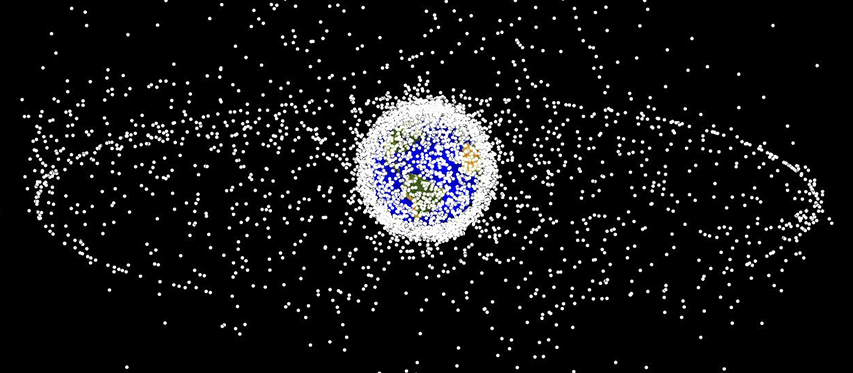
In a recent OpEd piece in The Hill, Jennifer Manner, senior vice president of Regulatory Affairs at Hughes shared growing concerns about issues related to space sustainability and its impact not only on the industry itself but also on our ability to “protect our environmental resources and begin to limit the effects of climate change.”
Space has been a commercial domain for satellite communications capabilities, like Internet access and GPS service, for decades. It also supports earth observation and monitoring, like the tracking of rising sea levels, mass deforestation, forest fires, and climate change. There are also exciting new opportunities, such as space travel and tourism initiatives.
The concern of Ms. Manner and others is that while “space itself is infinite, the usable space around the Earth” is not. And it is growing increasingly crowded as more objects are launched and orbital debris accumulates.
To address the issue, Ms. Manner calls for the U.S. and global space powers to create a binding international governing body to develop flexible regulations and standards to ensure long-term space sustainability.
“Hughes has embraced its role as a good steward and is an active leader in discussions and this movement,” she said. “But there is only so much we can do as a single company.”
Yet without action, many opportunities are threatened.
“The harder the space environment is to operate in, where there’s increased risk of collision and damage to a satellite or orbital object, the more expensive it will become to do business there,” she explained. “That will hamper emerging industries, and even affect enterprises like Hughes. It will also impact our monitoring capabilities and efforts to protect precious resources here on Earth if they become too cost-prohibitive.”
To read Ms. Manner’s full opinion piece, go here.